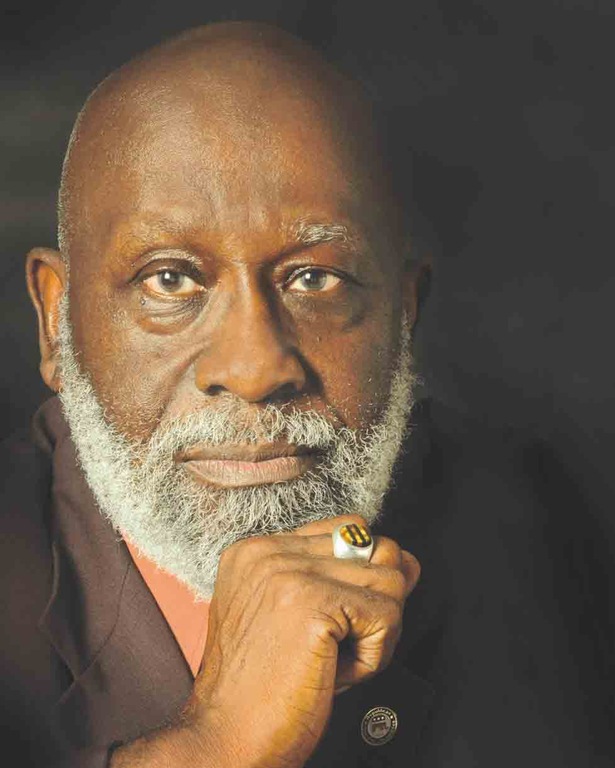IN THE NEWS:
Congress continues to relentlessly push immigration policies that’ll make Black Americans poorer.
That’s not their stated goal, of course. But that’ll nevertheless be the end result of their proposal to amnesty millions of illegal immigrants and boost the level of legal immigration. The lasting effects of uncontrolled, mass immigration on Black Americans are plainly obvious and have been well-documented throughout our country’s history. So how can any Black politician in good conscience advocate for a more expansive immigration policy that would continue to do us harm?
Don’t listen to those who say we supporters of immigration reduction want to put an end to it or that we’re “anti-immigrant.” They’re only trying to shut down the debate. For decades I have worked to help welcome and assimilate immigrants in Miami, a city with one of the largest foreign-born populations in the U.S.
I have also tried to convince our Black leaders that our immigration policy needs to be primarily focused on the well-being of those of us already here — those of us they supposedly represent and whose vote they rely on to stay in office.
By many measures, the economic gap between Black and white workers has gotten worse in recent years. In 1970, for instance, Black men earned 59% as much as white men. By 2019, that figure had dipped to 56%. For decades, unemployment rates among Black Americans have consistently been about double those for white Americans.
There is no single explanation for these racial disparities, of course. But decades of mass immigration have almost certainly made the problem worse.
Consider the years 1940 to 1980 — a period of comparatively lower immigration that generally led to tight labor markets. As immigration policy expert Roy Beck points out in his new book “Back of the Hiring Line,” Black men saw their real incomes increase four-fold during those decades. Black men’s earnings actually rose faster than white men’s.
During that same time period, the share of Black Americans who were considered “middle class” exploded, growing from 22% to 71%....
....As my friend Roy Beck told me, economic history demonstrates that every time immigration levels have risen significantly, inequality has grown as well. The reverse is also true. So ask yourselves, why are so many Black politicians in D.C. intent on increasing immigration yet so adamantly opposed to even having a debate about reducing it?
It’s undeniable that mass immigration has come at a substantial cost to Black Americans. That doesn’t mean that immigrants don’t deserve our compassion, or that immigration is the sole cause of racial disparities in our nation.
It simply means that if we want to create a fairer economy, we can no longer ignore immigration’s unique contribution to racial inequality.
Share on facebook
Facebook
Share on twitter
Twitter
Share on email
Email


